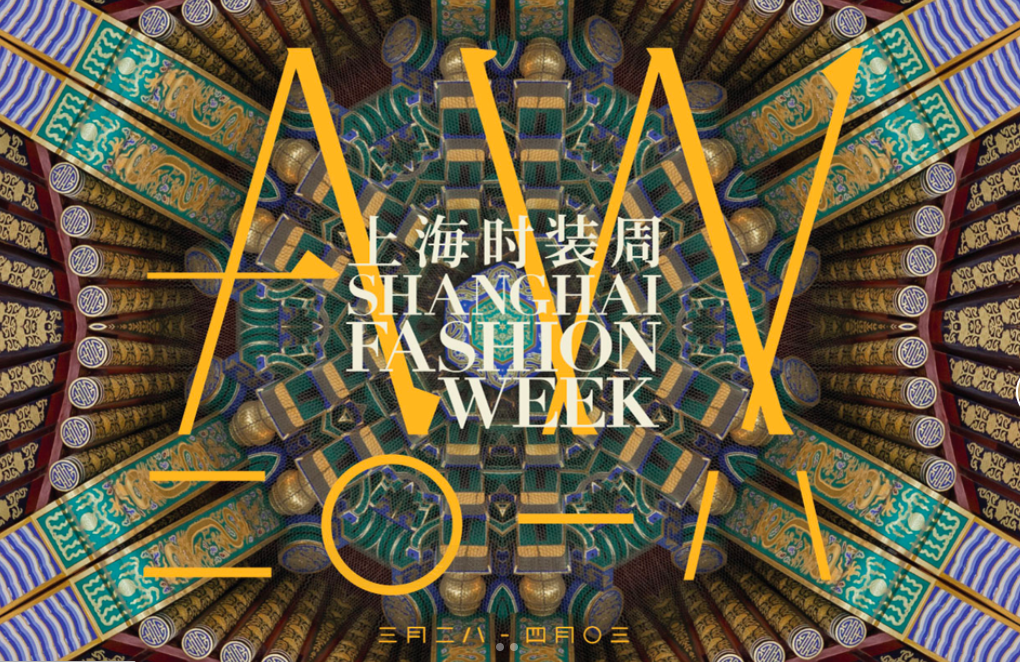
Tmall has partnered with Shanghai Fashion Week to help one of the industry’s most influential events in China up its digital game.
Per the agreement, the Alibaba Group-owned B2C shopping site will bring New Retail technology to Shanghai Fashion Week, enhancing the attendee experience and delivering valuable consumer insights to organizers, buyers and designers over the next two years.
For Tmall, the collaboration is a chance to develop new technologies for both Shanghai Fashion Week and the industry at large, said Li Shengchao, project lead and senior marketing strategist at Tmall.
“The goal is to create a set of solutions that can be replicated by other fashion weeks around the world, such as New York Fashion Week,” Li said.
WATCH: New Retail Still Top Trend at Tmall Beauty Awards
This year’s autumn-winter edition of Shanghai Fashion Week, currently running through April 3, already features a number of Alibaba’s smart technologies. Facial recognition is used for admission to events. “Showroom robots” allow a select number of buyers watching via their mobile phones to view products, speak to designers and place orders in real time. There is also a foot-traffic heat map that helps analyze which brands or item racks garneredthe most attention and how long visitors stayed in certain spots.
For fashion aficionados that don’t get a chance to attend runway shows, they can watch some of the brand showcases in an immersive, 360-degree “See Now, Buy Now” format on Tmall.
Shanghai Fashion Week is known as a launching pad for rising stars in China’s independent fashion scene. Tmall sees the tie-up as part of a wider push to support these upstarts, following its February collaboration with New York Fashion Week: Men’s, where four Chinese brands debuted their new collections during “Tmall China Day.”
With more than half a billion consumers visiting its e-commerce sites, Alibaba is capable of having a positive impact on the fashion sector, Tmall Fashion and Luxury Vice President Anita Lyu said.
“We can provide a platform for talented Chinese designers, supporting their businesses from supply chain resources, pricing forecasts to more effective communication with consumers,” she said.
WATCH: Highlights from the 2017 “See Now, Buy Now” Fashion Show
Tmall also helps to match independent designers to factories to help them get faster delivery of the finished product and better pricing, even when the order is much smaller than that of an established brand, Lyu added.
Shenzhen-born, British-trained designer Angel Chen, whose eponymous brand is participating in Shanghai Fashion Week, said that kind of support is critical. Moreover, Tmall is one of the best ways to reach her target audience.
“Today, Tmall, for young consumers, has become their search engine,” said Chen, a Forbes’ “30 under 30” for top young designers in 2016. “They look for products at a brand’s flagship store and can explore even more offerings sold by other stores.”
Tmall’s Lyu predicted that the market for designers such as Chen would continue to grow along with the sophistication of China’s consumer class.
“As consumers continue to educate themselves through the internet, we’re expecting within the next three to five years, not only an upgrade in consumption power, but also an upgrade in taste and attitude,” she said.




